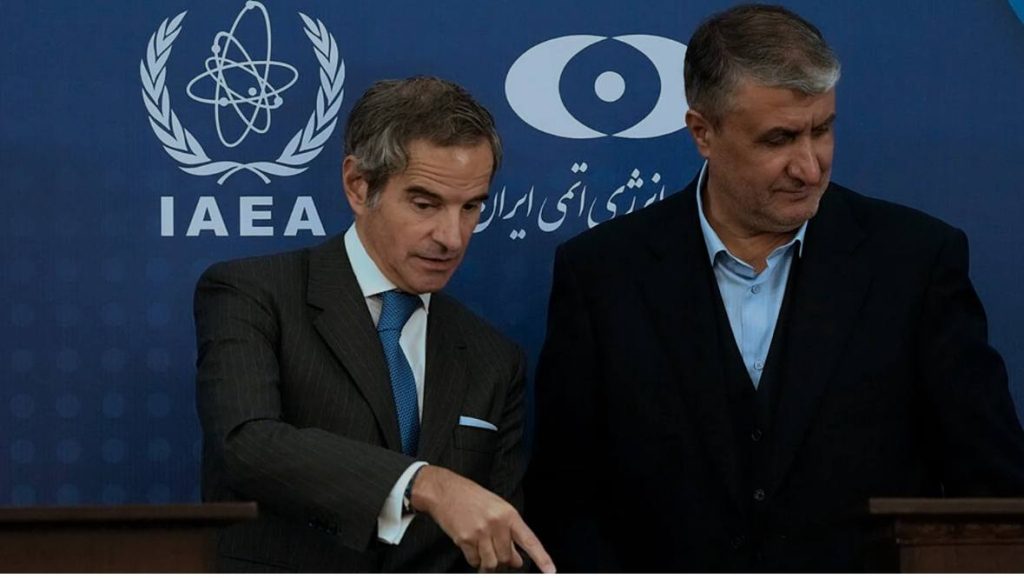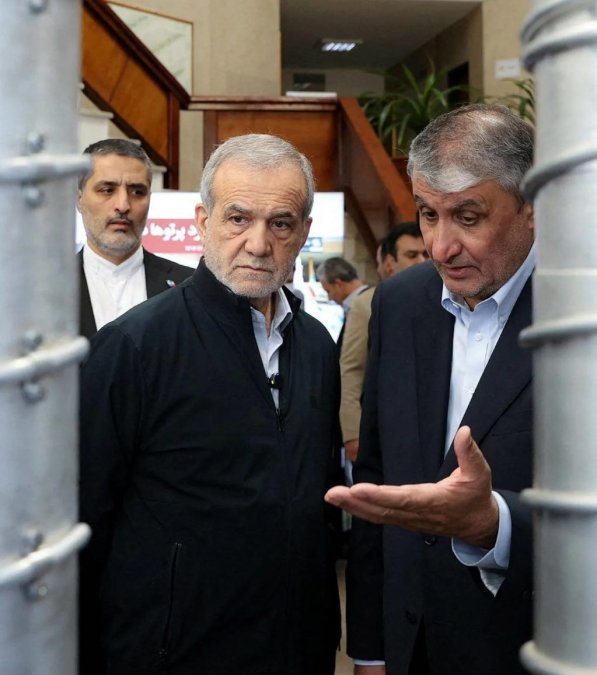Dangerous Game with NPT: Is Tehran Approaching Nuclear Ambiguity?
Dangerous Game with NPT: Is Tehran Approaching Nuclear Ambiguity?
According to IranGate News Agency, while the Islamic Republic of Iran has adhered to the international treaty on the non-proliferation of nuclear weapons (NPT) for over five decades, political pressures, economic sanctions, and military threats against its nuclear program continue to increase.
The following analytical report examines the consequences of this situation, evaluates Iran’s potential scenarios from continuing the legal path to a possible withdrawal from the NPT, and outlines a balanced strategy for navigating the current complex conditions.
Iran’s Position within the Framework of the NPT and the Potential Consequences of Changing its Approach
The Islamic Republic of Iran joined the NPT in the 1970s and since then has pursued its nuclear program under the direct supervision of the International Atomic Energy Agency (IAEA). The main goal of this framework is to utilize nuclear energy for peaceful purposes while preventing the proliferation of nuclear weapons.
Membership in the NPT has allowed Iran to rely on international laws to defend its legitimate nuclear rights and present its activities as justifiable within the framework of international law.
Legal and Diplomatic Benefits of NPT Membership
Iran’s adherence to the NPT provisions has provided important tools for the country’s diplomatic apparatus. Among these benefits are the relative support in international institutions, legal legitimacy for pursuing peaceful nuclear technology, and prevention of justifying military or sabotage actions against the country’s nuclear facilities.
In fact, being part of this treaty acts as a legal shield against certain international punitive actions.

Iran’s Current Situation: Pressures Beyond the Legal Framework
Despite adherence to nuclear commitments within the NPT framework, Iran currently faces the most severe international pressures in decades. These pressures include: 1) Extensive economic sanctions, especially in banking and oil sectors, which have severely strained the country’s economy. 2) Serious restrictions on obtaining vital items, including medicine, medical equipment, and energy-related technologies. 3) Increasing military threats and cyber sabotage, with recent attacks on nuclear facilities in Natanz, Fordow, and Isfahan being notable examples.
This situation shows that even with full adherence to NPT regulations, Iran remains exposed to serious pressures and threats, and the existing legal tools alone are insufficient to prevent these pressures.
The Scenario of Withdrawing from the NPT: Opportunity or Threat?
Among some analysts, the scenario of Iran withdrawing from the NPT has been proposed as an option to change the balance of power and increase leverage.
Such an approach could lead to Iran entering a phase of strategic nuclear ambiguity, a situation where other international players cannot definitively comment on Iran’s distance from acquiring the capability to produce nuclear weapons.
While this option might lead to greater deterrence and increase Iran’s bargaining power on the international stage, it would also come with heavy consequences: 1) The loss of legal legitimacy for Iran’s peaceful nuclear program. 2) A significant increase in economic sanctions and diplomatic isolation. 3) Intensified military tensions in the region and a higher likelihood of direct conflict.
In other words, withdrawing from the NPT could place Iran in a position where current pressures not only persist but escalate to much more severe and costly levels.
Strategic Analysis: Balanced Pressure and Limited Ambiguity Instead of Open Confrontation
Considering the geopolitical realities and the country’s economic situation, it seems that adopting a balanced strategy based on maintaining nuclear rights within the NPT framework while creating a limited level of strategic ambiguity could be a more logical path for securing national interests.
In this framework, Iran can not only use international legal tools to defend itself but also apply controlled pressure to compel Western and regional countries to engage and compromise, without taking the high-risk path of withdrawing from the NPT.
A Difficult but Rational Decision
Today, despite adhering to the NPT, Iran faces conditions similar to those after withdrawing from this treaty: maximum pressure, crippling sanctions, military threats, and diplomatic tensions.
However, the key difference is that remaining in the NPT provides the country with important legal and diplomatic tools that can serve as a shield against unilateral and aggressive actions.
In the current situation, withdrawing from the NPT not only does not solve existing problems but could escalate them to more dangerous levels. Therefore, a logical and multilayered approach based on conditional engagement and maintaining strategic principles could be the best path for securing national interests in this critical juncture.

